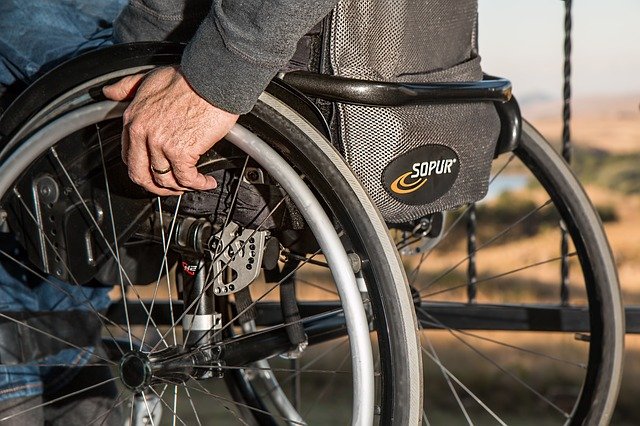What a start to 2020. As we all came together as a community and attempted to deal with the fallout of the bushfire crisis, none of us could have foreseen that there was another huge challenge looming on the horizon.
The COVID crisis is unprecedented. And it’s confusing and worrying for all of us – causing increased stress, anxiety and fear in many.
For people already living with complex mental health issues, the impact of a pandemic like this can be significant.
Physical and psychological impacts of imposed quarantine, self-isolation, physical distancing and separation from loved ones can exacerbate or trigger the symptoms of mental health issues.
Anxiety disorders such as health anxiety, hoarding disorder, obsessive compulsive disorder (OCD), agoraphobia and panic disorder can be particularly affected.
Caring for ourselves and others and spreading kindness is essential if we’re to get through this period as a community.
How to care for ourselves and others during COVID
Now more than ever, it’s important to learn or put into place strategies that will help us get through these tough times.
It’s important, though, to remember that while the methods below can be useful in easing our stresses, it’s completely normal to need more support. (Try reaching out to others , contacting the or accessing your existing clinical supports). None of us have experienced a global pandemic on this scale before, and we’re all just doing the best we can to cope.
Basic self-care
Don’t forget the basics of self-care:
- Try to get enough quality sleep – it’s good for your immune system.
- If you take medication, try to ensure you have enough available to you. This is one less thing to worry about.
- Avoid the use of drugs and alcohol to cope with stress.
- Physical exercise – it’s calming and may boost immune function. Even when inside your home, try to do some kind of activity that works for your body.
- Continue to access nature and sunlight wherever possible, within the current government guidelines. Even indoors, you can care for a houseplant, look out the window at nature, or listen to natural sounds like birdsong, ocean waves or rainfall.
- Participate in relaxation and mindfulness activities.
- Try the Reach out WorryTime app.
- Try to stick to a routine that work for you and gives you a structure to your day.



